Menu
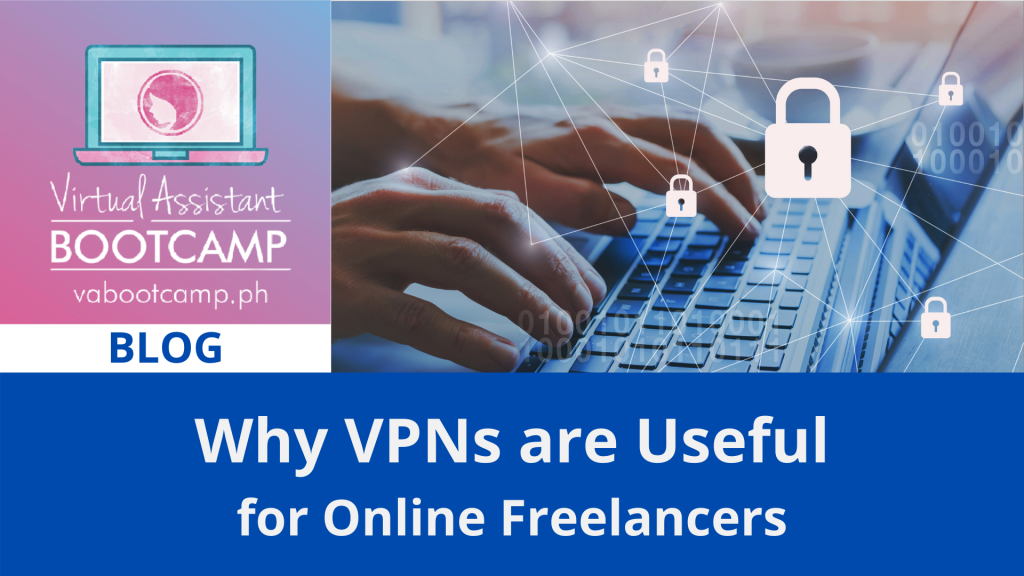
Have you ever accessed Netflix or Amazon Prime only to find out that the show you’ve been waiting for so long is not available in your region? Or has a client instructed you to open an email, only to find out that you cannot access it because you’re not in the US?
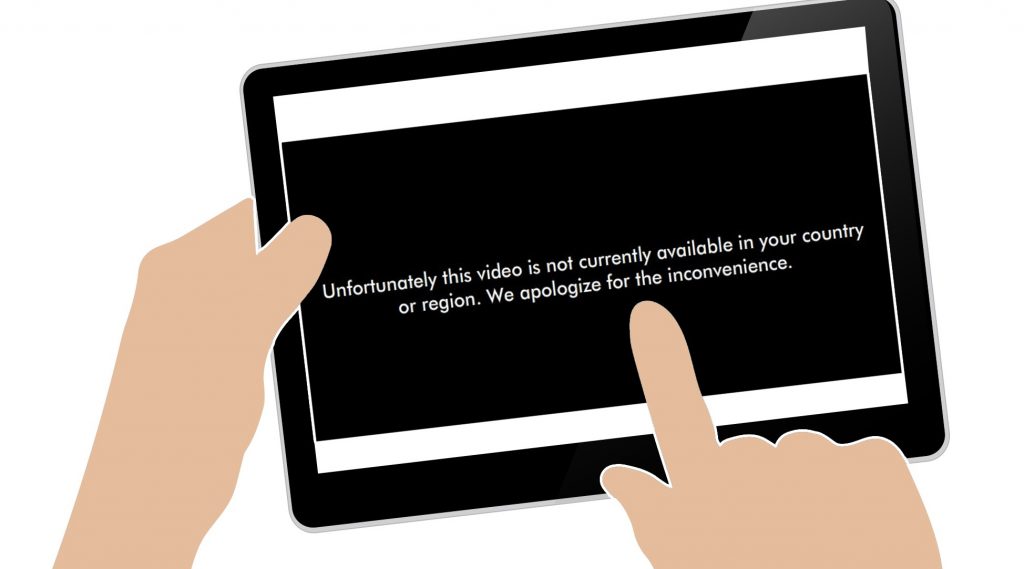
These are some of the problems that a VPN solves for freelancers like us. But what exactly is a VPN, and why should you, the online freelancer, use it?
In a nutshell, a VPN or Virtual Private Network encrypts and connects your computer to their server and masks it as their own. Let me give you a simpler explanation:
Say you’re calling a friend directly to get directions to their house. When you do that, you dial their number, and their cellphone rings. On their phone, they would see your number calling. Now, if there are any spies in your neighborhood, they could eavesdrop on the conversation and steal the same information.
If you have a VPN, you would call the VPN’s switchboard instead of dialing your friend’s number, and they would then call your friend. Your friend wouldn’t know who’s calling as they’ll see the number of the VPN company and not yours. If people are eavesdropping on your side of the line (from your phone to the VPN), all they would hear is a hiss because of the encryption.
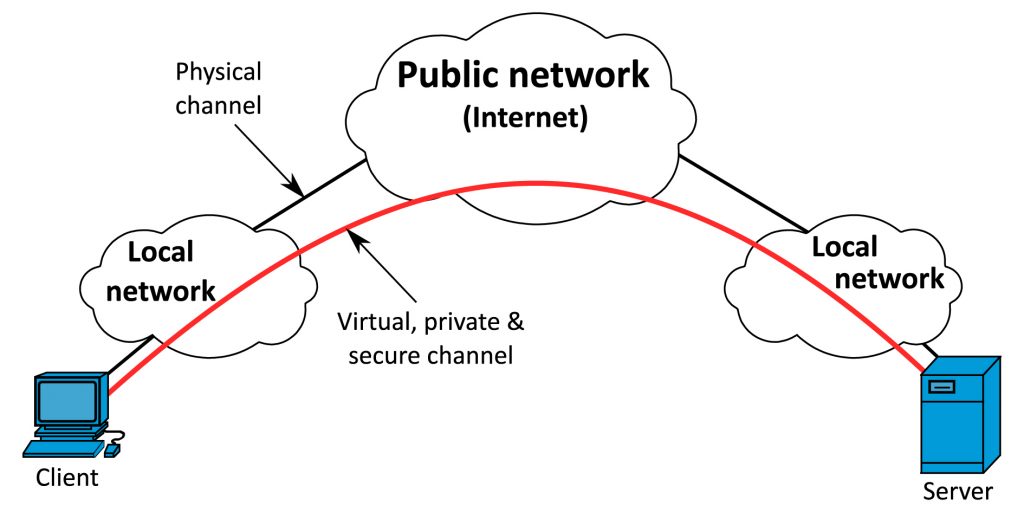
So why is this important to you? It’s because one of the common issues freelancers encounter is access. There’s a couple of times a website containing crucial information for my client is inaccessible because I’m in the Philippines.
Some websites do this to prevent attacks by hackers from other countries, while others do this because they want their clients to pay for more premium access if they want their remote staff to open their accounts.
Examples include Google, Microsoft, and telephony services like Skype, where they disallow access because your IP Address is based in Asia. If you have a VPN, then you can circumvent these security features.
VPNs are also useful if the internet provider is blocking your access. For example, in countries like China, which disallows access to Google, Facebook, Wikipedia, Microsoft OneDrive, Netflix, Zoom, among others, a dedicated VPN service is required so you could use it.

Another use of VPNs would be to secure your connection. If you’re connected to a public WIFI network without a password – like in hotels, then anybody else connected in that network could read the data you transmit.
So if you’re accessing your email or bank, someone with the know-how, a computer, and the right apps can actually steal your data. If you travel a lot while working and always connect to your hotel’s WiFi, I recommend having a VPN service to ensure you stay secure.
VPNs have several options – from standalone apps to browsers and browser extensions and from router VPNs to Corporate networks. I’ll help you find the right one for you by listing some of your options below.
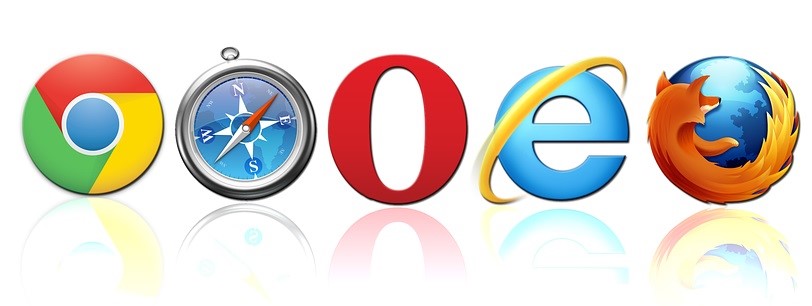
These are the simplest and cheapest (free) options that are available today. Some browsers, such as Opera, actually comes with a built-in VPN function, while Google Chrome and Microsoft Edge have a plethora of VPN extensions you can choose from.
That is their main advantage. Also, there’s no complicated setup procedure and no need to have a username and password on-hand. With just one click, you can start browsing securely.
However, these free services are typically limited to a few countries, only work within the browser, and are usually bandwidth limited. If you want to get the most out of them – like use them on other apps such as Skype or to connect to other, less common servers like the UK and France – you have to obtain a subscription.
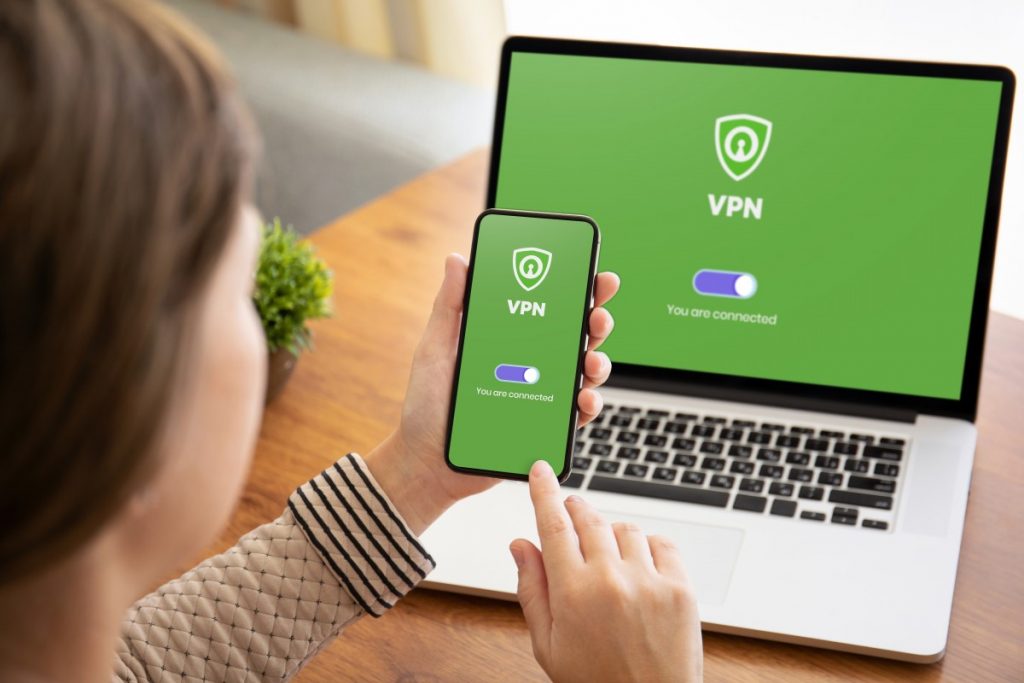
These VPN apps are installed on your device directly and will generally route all of your internet traffic through their servers. So whether you’re using your browser and Skype, you can use it to access the internet securely.
Because they’re standalone apps, they’re typically much faster. If the VPN company also offers it, you could use them on multiple devices like your phones, tablets, and even other computers.
The downside to this is they’re not free. Most require a monthly subscription service fee, ranging from around $12/month for monthly subscriptions down to $2.50/month paid bi-annually.
The following two options get a bit more complicated, and a lot of networking knowledge is required if you want to use them.

This option is a bit more advanced. You can find the VPN setup in your router’s advanced settings – if the modem/WiFi device provided by your telco doesn’t have this, you have to purchase a separate router.
It depends on your router model – but you need to have your VPN provider’s details, plus additional software to install on your computer or change your network settings.
The advantage this offers is that every device connected to your network will now be protected by the VPN. This is especially useful if you have multiple computers that need to connect to a foreign server – like an agency with virtual staff working in the same location (think BPOs/call centers).

Running a corporate VPN requires thousands of dollars in equipment and expertise. Think of large multinational corporations, like Coca-Cola and Microsoft. These companies invest millions, if not billions, in their network infrastructure. This allows their top people to access crucial corporate data instantly and keep everyone on the same page.
Most online freelancers wouldn’t need a setup like this unless you’re a freelance network head or something like that.
Having a VPN is not a requirement to being an online freelancer, but it’s a pretty useful tool. In most cases, a free browser-based VPN would do the job.
However, if your client gives you an app that requires access from a particular location, then ask them (nicely!) for a VPN connection—this is important, specifically for secure app connections like virtual telephones and secure email access.

For the digital nomads among us, I recommend that you use a VPN connection whenever you’re connected to some unknown hotel network – unless you like bringing your own WiFi hotspot.
No matter what option you choose, VPNs will keep your connection secure and give you wider access. At the very least, you can now binge on Netflix and Amazon Prime shows that are previously limited to the States.
Not yet an online freelancer? I'd highly recommend the VA Bootcamp course. It gave me the exact steps I needed to get noticed by clients.